An MOF filters methane, nitrogen, and carbon dioxide from natural gas with record-breaking selectivity under practical conditions.


An MOF filters methane, nitrogen, and carbon dioxide from natural gas with record-breaking selectivity under practical conditions.
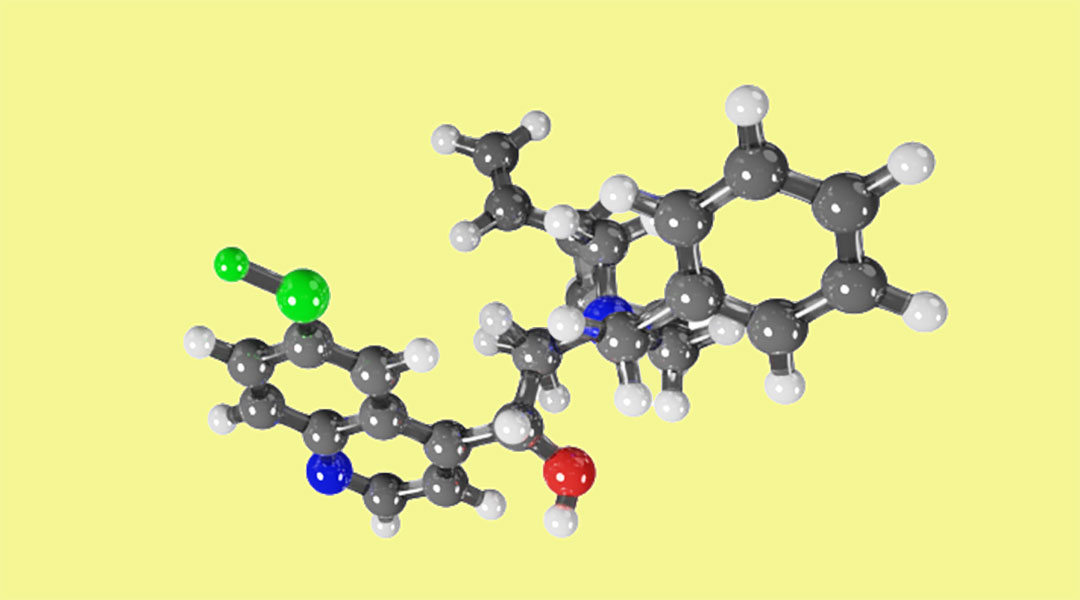
Though experimentation is still king in most chemists’ minds, computational chemistry has the potential to transform the field.

Using solar energy, water, and lunar soil, scientists were able to carry out reactions needed to sustain human life on the Moon.

Decarbonizing the chemical industry is possible, provided decreases in the cost of solar energy and increases in LED efficiency continue.
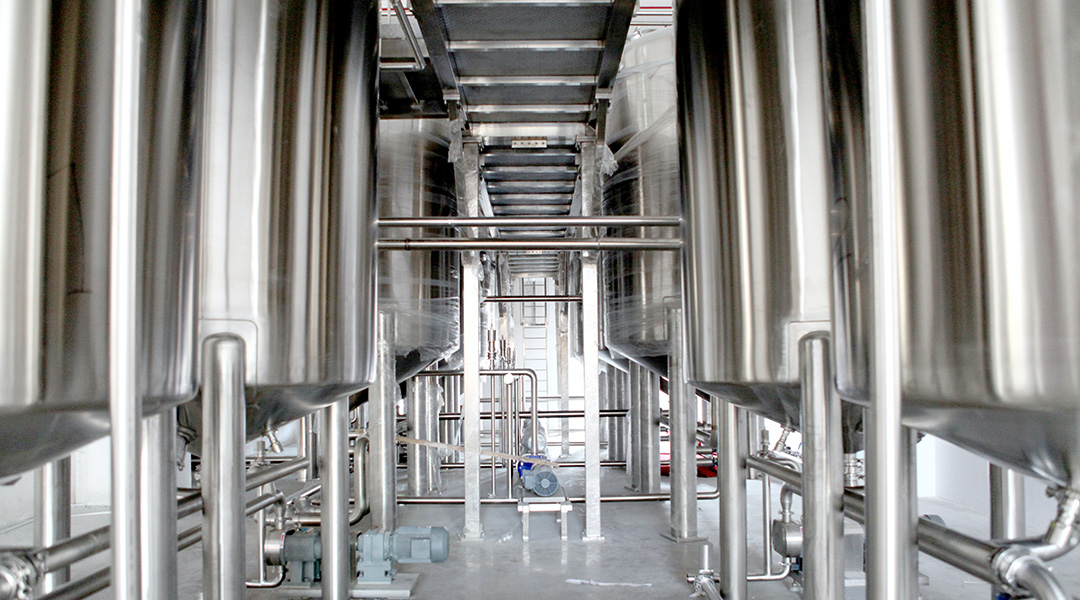
A new chemical looping approach helps optimize the Ostwald reaction, making the production of nitric acid a little “greener”.
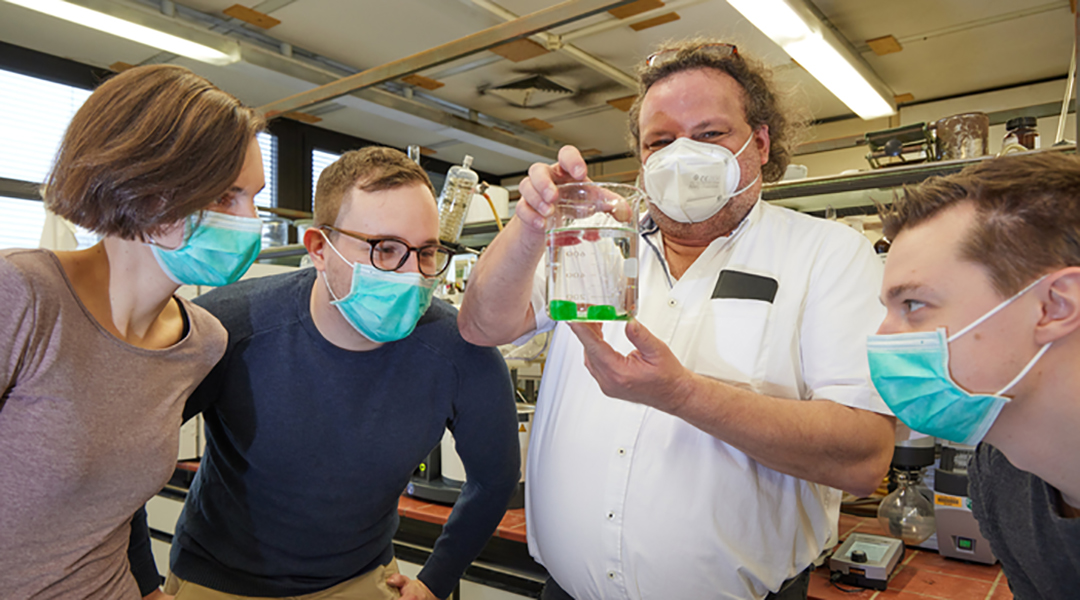
An epoxide ring opening reaction could help stabilize biomolecules by replacing hydrogen with deuterium with a high degree of selectivity.
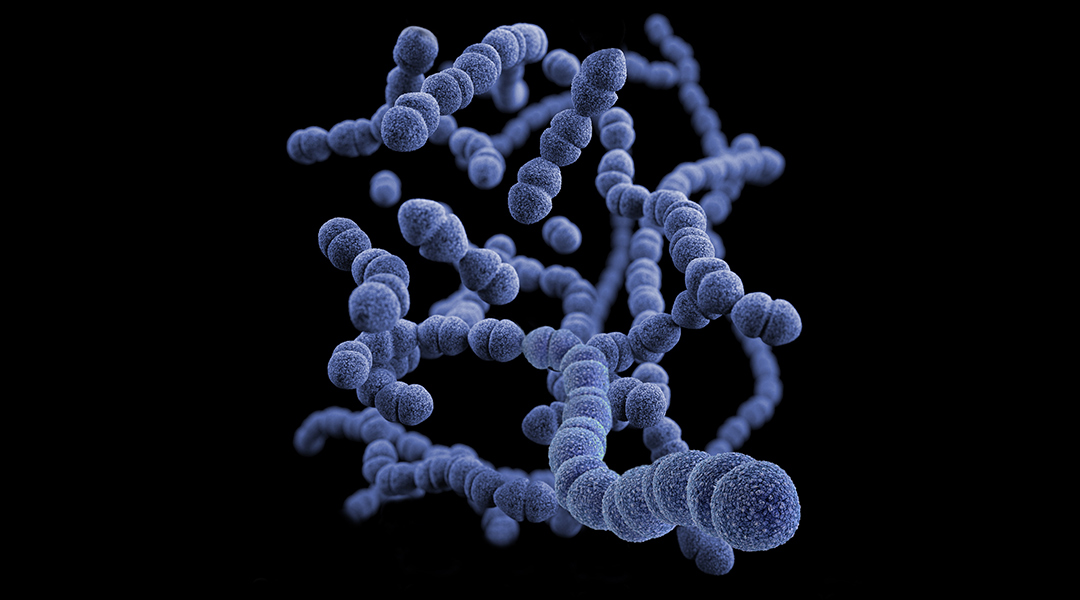
New potential antibiotic molecules were found to destroy biofilms and acted against gram-positive bacteria.
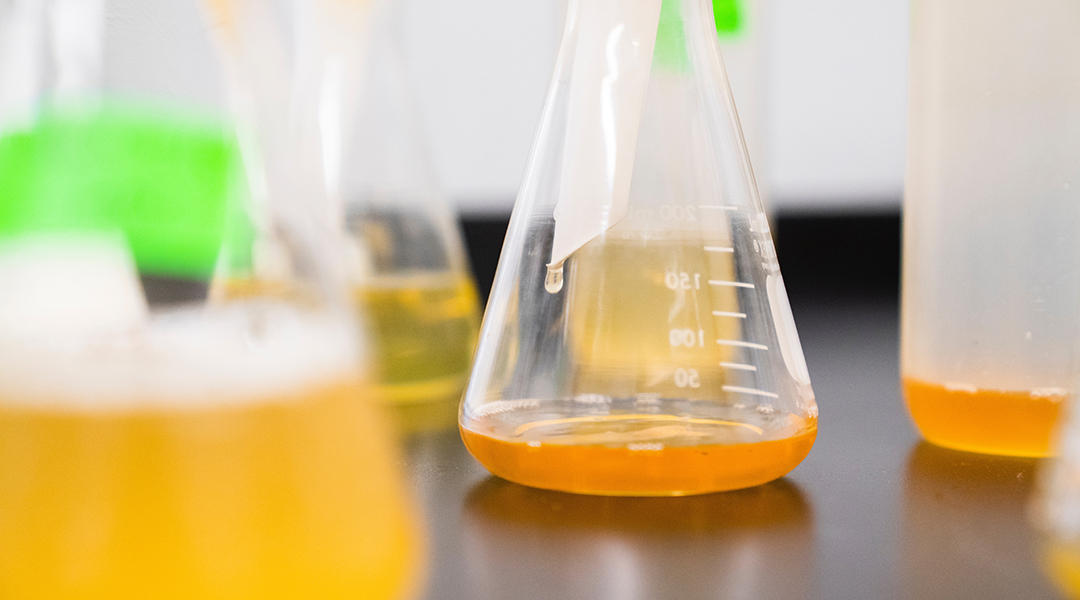
Exploring how scientists can develop efficient, solar-powered reactions to convert carbon dioxide to useful chemical feedstocks.
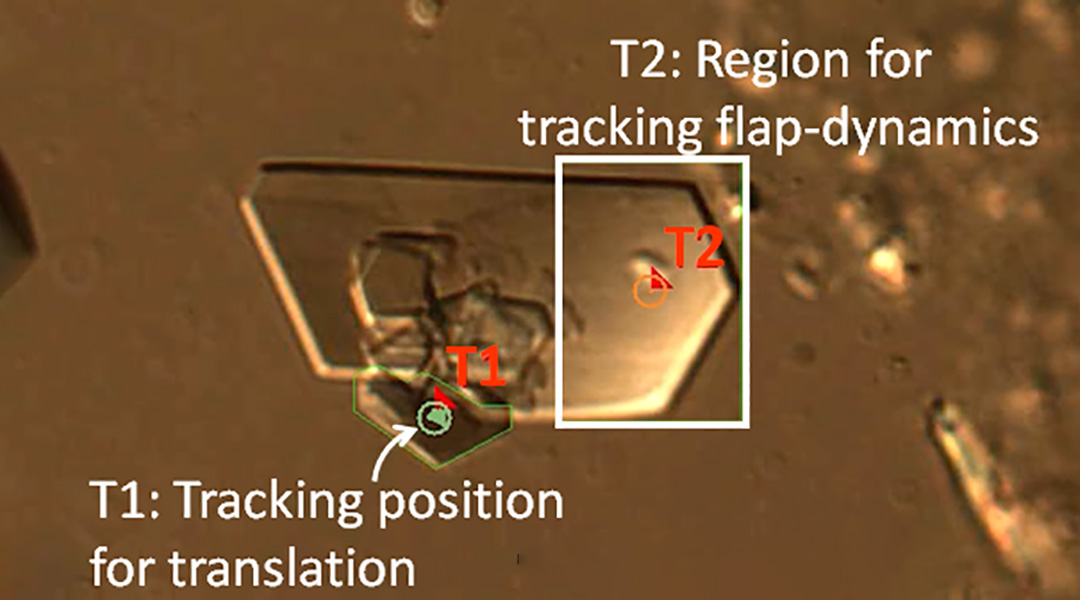
Synthesized microrobots capable of converting their mechanical motion into a means of self-propulsion.
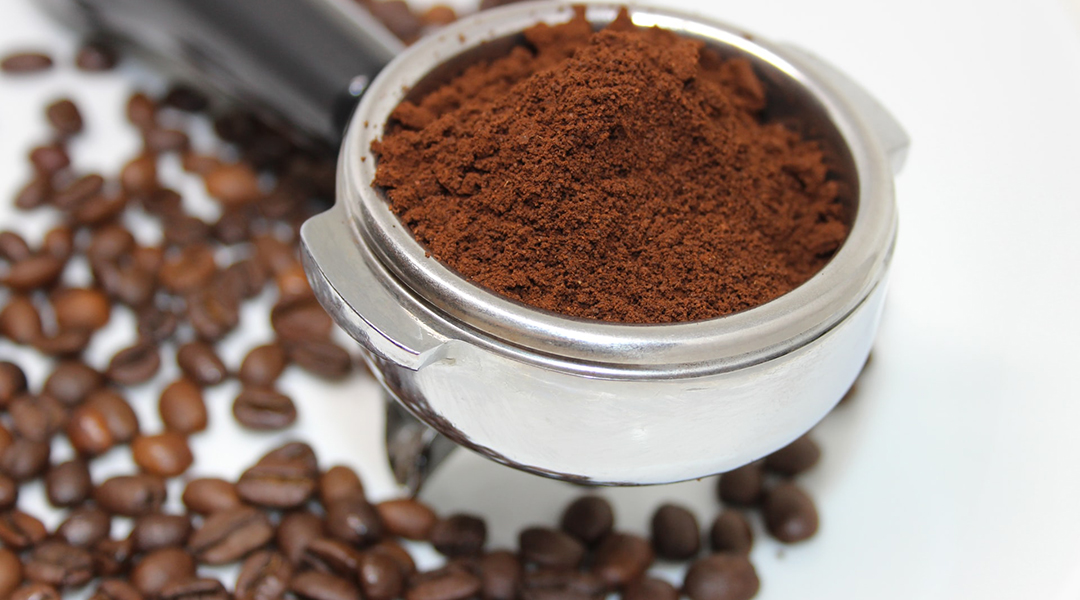
Chemists improve the properties of bio-based resins using spent coffee grounds as a key ingredient.